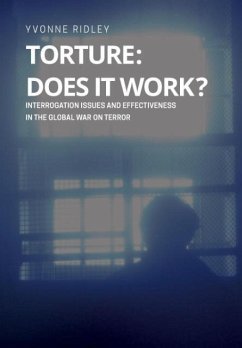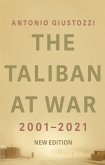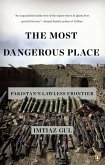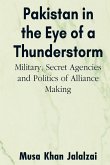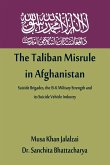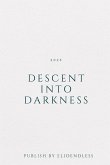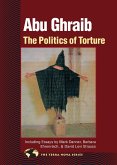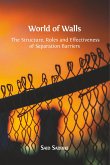Since September 11, 2001, the world has been engulfed in a savage Global War on Terror. Atrocious acts of violence by small groups and individuals have been met by all of the brutal retaliatory power that governments can bring to bear on their enemies, ranging from the most advanced weaponry to one of the most ancient-torture. The use of torture, or "enhanced interrogation techniques," has provoked impassioned debate as to its ethics and legality; in an age of terror and fear, however, the most relevant question may be: Does torture actually work-that is, does it provide crucial, lifesaving intelligence? Thisquestion must be asked because, as the introduction points out, "If torture fails to deliver its objective, its use as a military weapon becomes as pointless as a faulty machine gun and is,perhaps, even a liability." In this compelling new book, Yvonne Ridley probes for an answer through a meticulous review of documents and accounts from earlier conflicts, including World War II, Vietnam and the Algeria-France wars, as well as political memoirs and materials recovered under the Freedom of Information Act in the US and UK, and formerly classified documents from the UK National Archives. She pays particular attention to the "ticking bomb" theory popularized by Harvard law professor Alan Dershowitz, which contends that countless lives of innocents could be saved on the basis of intelligence extracted under torture. Blending documentary analysis, case studies, the statements of those who authorized and in some cases carried out acts of torture, and interviews with its victims, Ridley lays out the pros and cons dispassionately, but without ever losing her moral compass. The result is a revelatorystudy of the use and misuse of violence in the name of "civilization" and "freedom" that reveals the truth about the utility of torture and the impact of its use.

